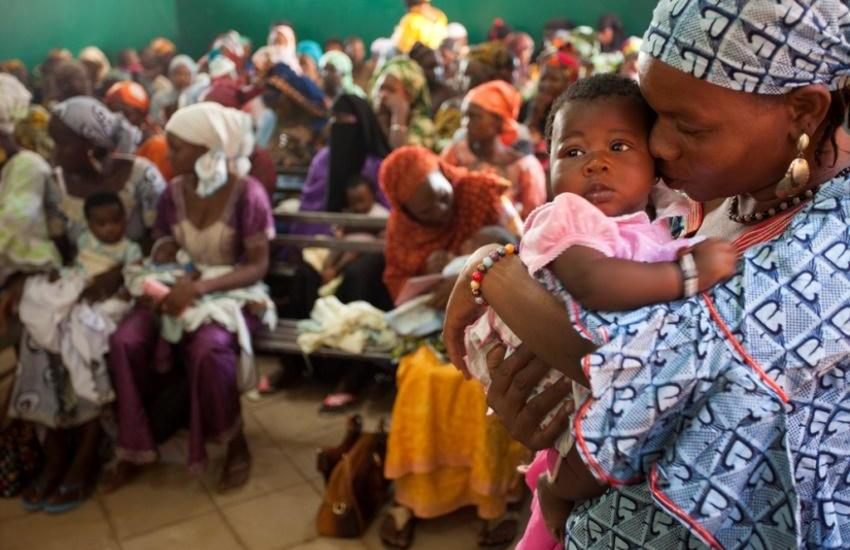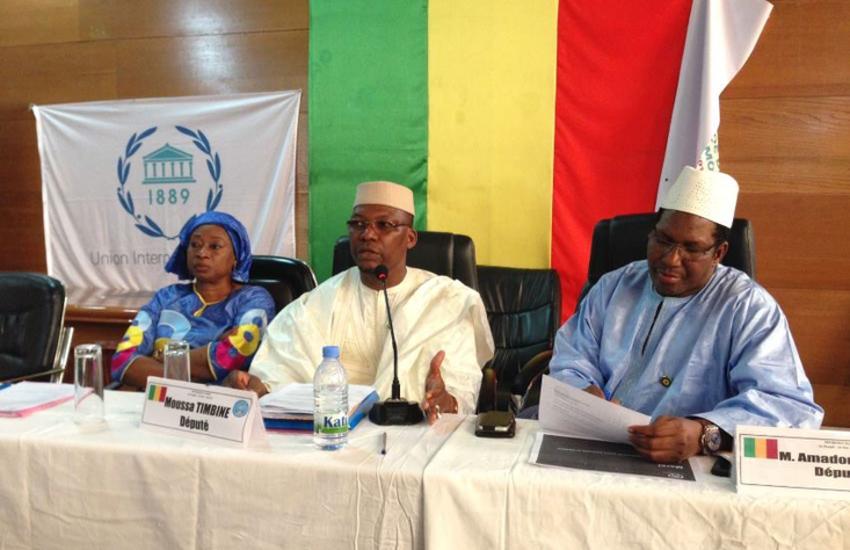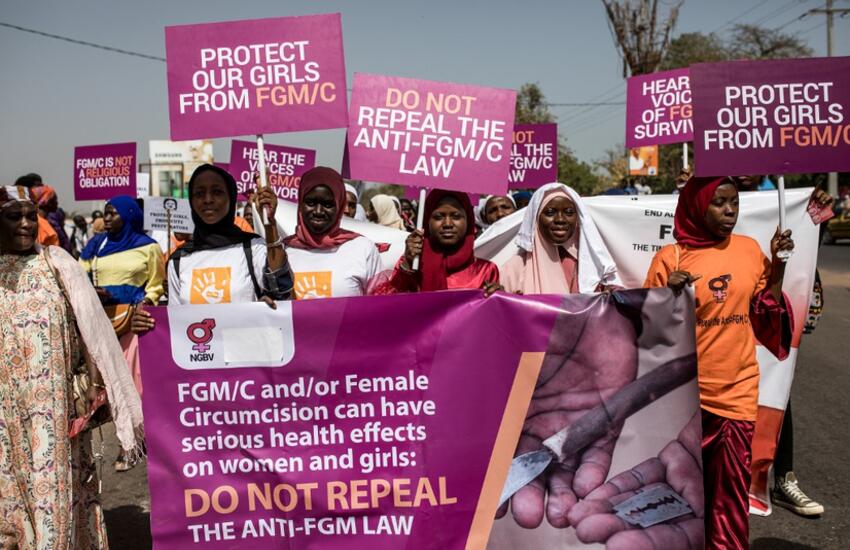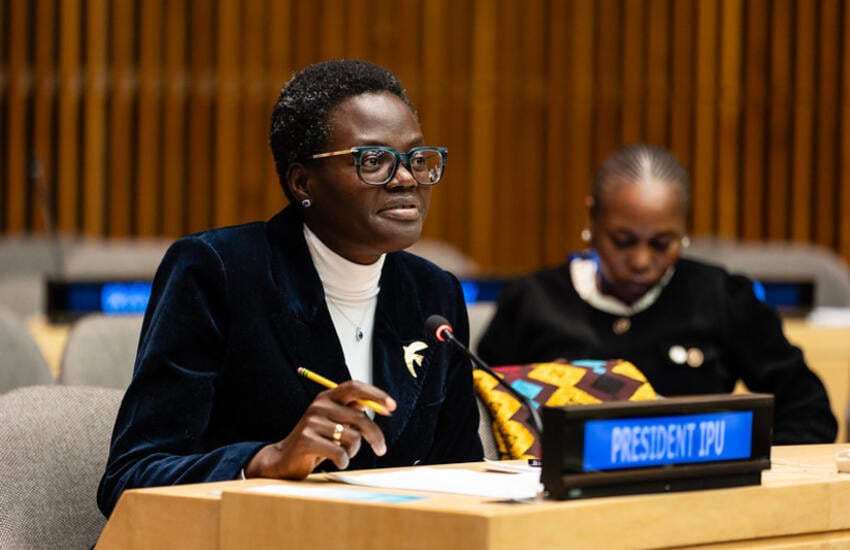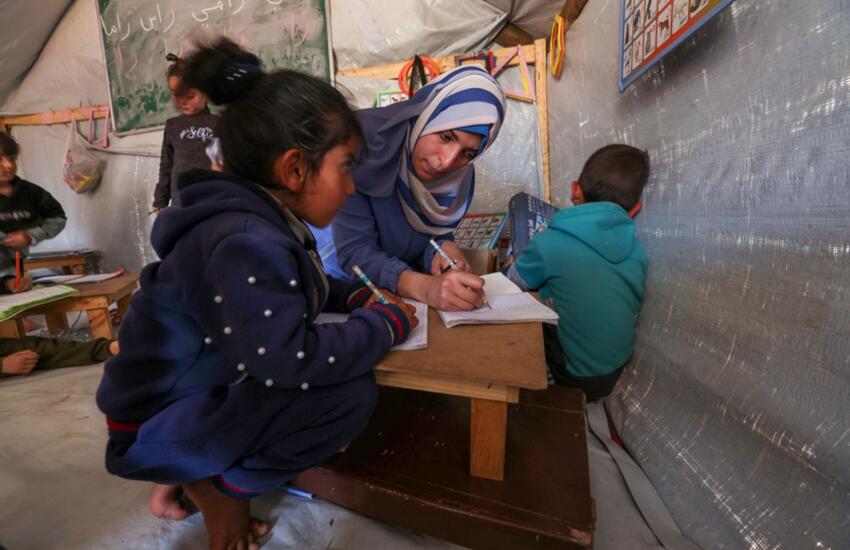Safiatou Traoré’s passion to improve the lives of women and young people in Mali was the driving force behind her entry into politics. She backs positive discrimination to help close the gap between the numbers of men and women in public life. This is an edited version of an iKNOW politics interview conducted on 5 March 2013.
What was your motivation for entering politics?
I became interested in politics when I was very, very young. I was always active in student associations, and I fought for the rights of those without a voice through an association that I helped to create. We helped women access micro-credit.
As for the youth, those who had graduated were given computer classes, and those who had not finished school were registered in training centres for plumbing and masonry classes, things like that. While continuing this work, I saw that my possibilities were very limited.
I asked myself if I went into politics and made it to the National Assembly, would I be able to bring about a change in the situation of these women and young people? That is what motivated me to go into politics.
What are the more specific challenges you have encountered in your career?
The biggest challenge that I’ve faced, honestly, was women’s attitudes towards other women in politics. Women are too reluctant to support the candidacy of a woman. It makes me uncomfortable to talk about it but that’s the way it is. This was a shock at first, but I overcame it.
Do you think the media create stereotypes of women?
Yes, absolutely, especially in Africa, where we tend to mix people’s private lives with their politics. Instead of talking about whether a political person is this or that, we should be focusing on what they can do in office, what changes they can bring to the country, regardless of whether that person is a man or a woman.
But unfortunately this is not the case for women politicians. People tend to think of them only physically, how they are dressed, instead of what they do while in office.
What methods of political financing have you found most effective?
The most effective way to find funding is within political parties. The lack of finance has been a major obstacle and as a female head of party, people will do anything to block your path.
That is why I fight so strongly for the advancement of women and youth, not just because they are the majority of the population, but also because it is women and young people who are deprived of everything that is happening in the political space.
What recommendations would you make to states to ensure that there is a more level playing field between men and women when it comes to financing of political parties and campaigns?
Honestly, I would propose positive discrimination. If you finance both men and women equally there will always be a gap and we will not solve the problem altogether, but if there is slightly higher funding for women than men, that will bring a level playing field—at least this is my way of seeing things.
And finally…what should governments do to stop violence against women in politics?
The first thing governments need to do is to have a system of punishment for such violence. And then we have to slowly work on increasing information, communication and education to empower people to stop this type of violence. Governments can put mechanisms in place to stop the violence by using media or other platforms.





